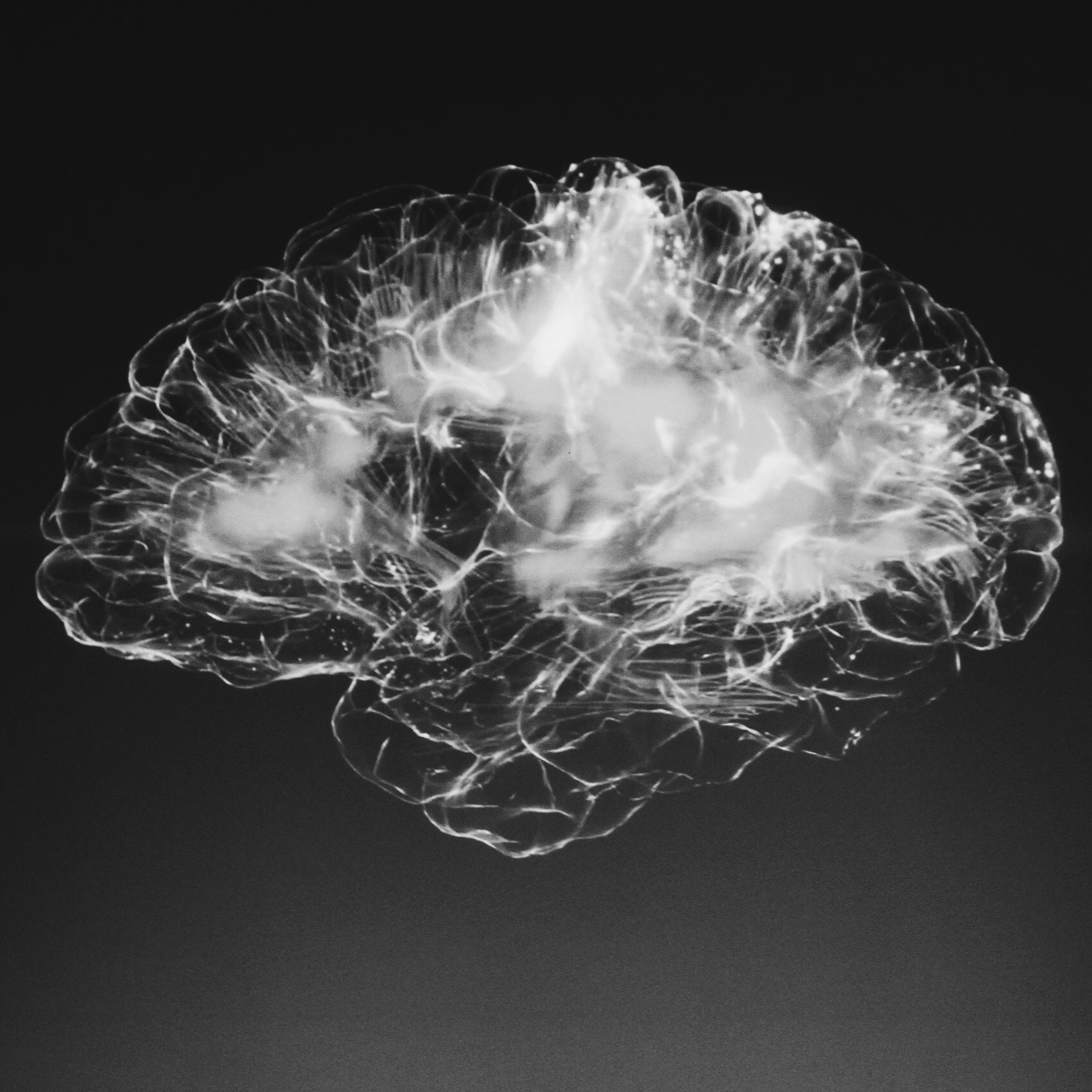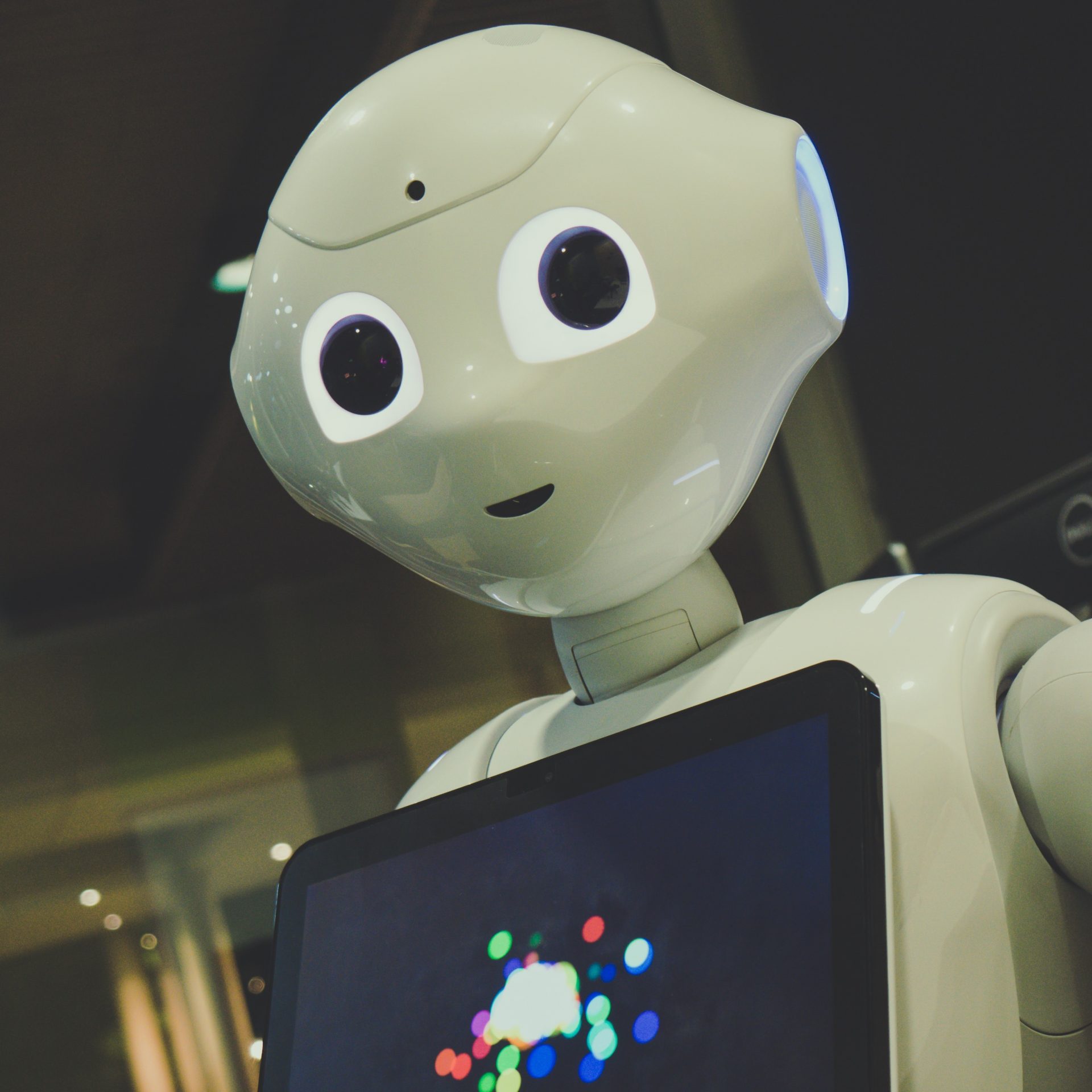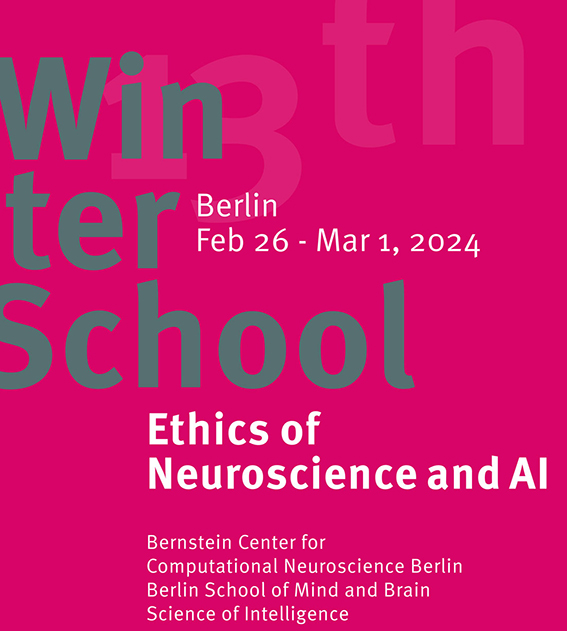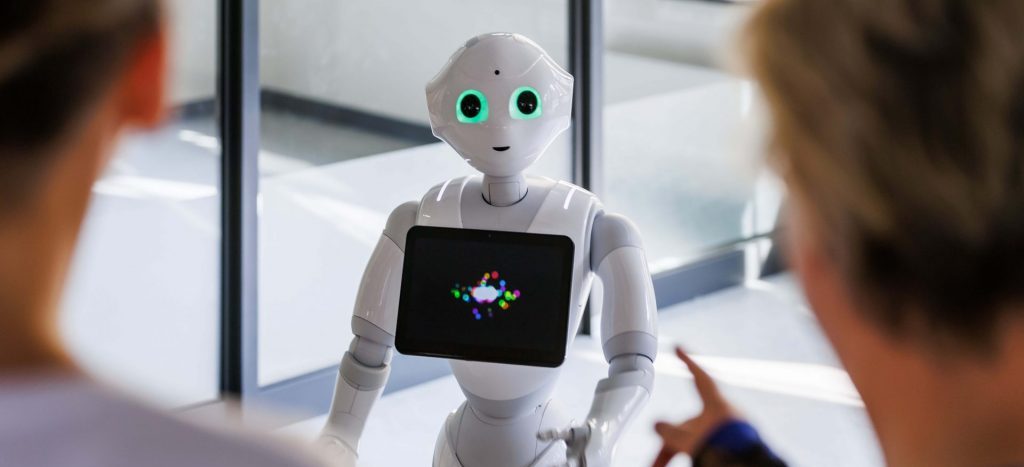Asieh Daneshi (Science of Intelligence), “Behavioral contagion in human and artificial multi-agent systems”
In this talk, Asieh will explore the dynamics of decision-making and risk-taking within social contexts and how everyday decisions, often laden with potential negative outcomes, are influenced not only by individual judgment but significantly by the surrounding social environment. Her research employs the "Balloon Analogue Risk-Taking" experiment in a controlled setting applying VR-technology in order
















